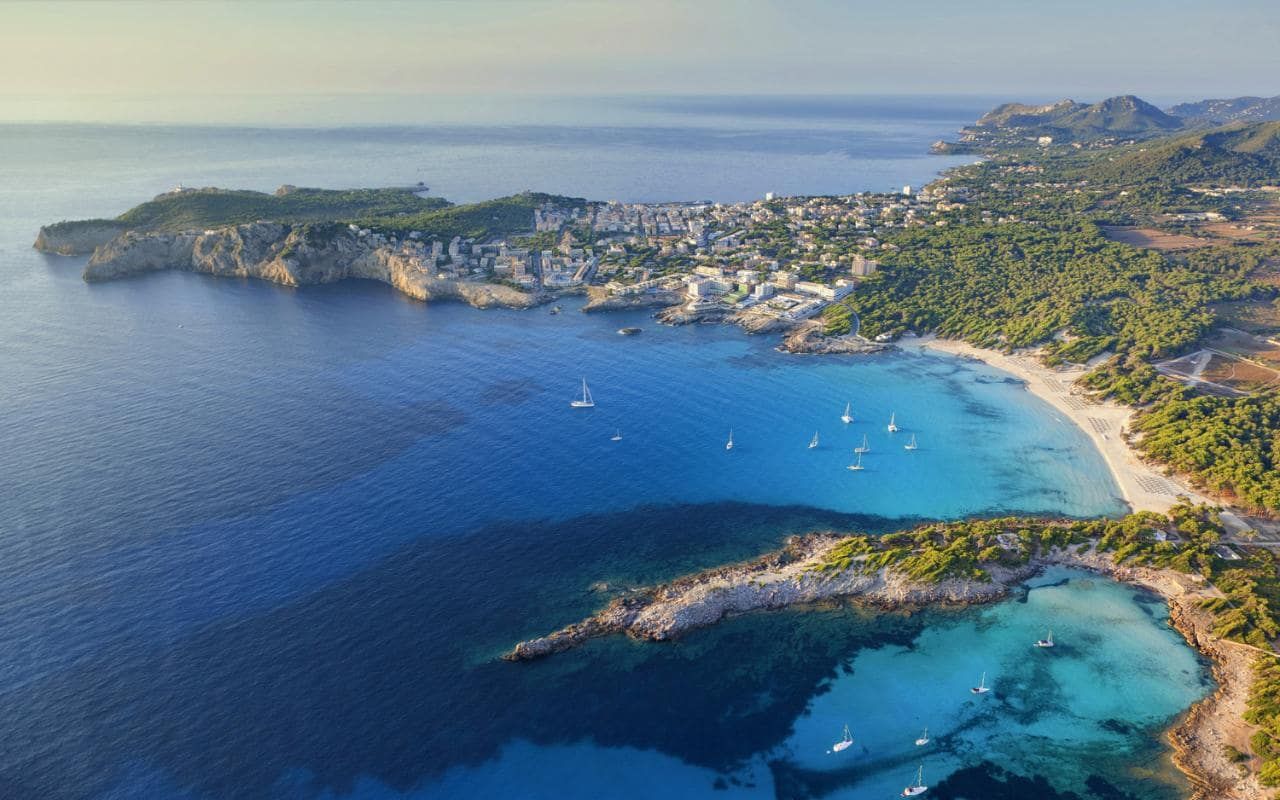Tourists allegedly submitting false food poisoning claims have cost Spanish resorts over $74 Million
British tourists who have visited all inclusive resorts in Spain are now being warned to be cautious when making claims against Spanish resorts for alleged food positioning related incidents. The Spanish hotel owners association (CEHAT) has experienced an influx of allegedly false insurance claims, largely from British tourists, which have cost the industry over $74 Million in previous years.
According to The Guardian, the number of claims against all-inclusive resorts has grown significantly in the past years, and approximately 90% of the claims are false. The fact that it is particularly easy to file such a claim, with no medical evidence required to support a tourist’s complaints, combined with the hotel industries’ eagerness to resolve potentially damaging issues, has resulted in a number of claims management companies approaching British tourists and encouraging them to come forward with fraudulent claims.
“Twelve months after the first incidents of fraudulent claims were detected, no measures whatsoever have been put in place to reduce the number of cases. If anything, it’s been the other way round and businesses are saying enough is enough.”
In attempts to combat the rise in claims, CEHAT has threatened to prosecute anyone involved in fraudulent claims, and is also attempting to implement policies and procedures that will provide for payouts from the hotel industry, only in cases claims are supported with medical evidence.
Exposing the process of the scheme, a Palma de Mallorca judge unsealed court documents and revealed that British law firms were dispatching “sales agents” to various hotels in Mallorca, Spain, and enlisting tourists to file fraudulent food poisoning claims, with the promise of their vacation being paid off, and a 98% success rate. After paying off the tourists’ vacation fees, the firms would pocket the remaining portion of the settlement that was largely paid off by Spanish hotels. While the scheme was successful for a while, the Spanish hotel industry quickly took notice of the influx in claims, and is now taking a tough stance on such claims.
The Association of British Travel Agents (Abta) has also taken notice of this trend, and is equally concerned, albeit for different reasons. As British tourists make up the largest nationality of tourists to Spain, the continuance of fraudulent claims could have a detrimental effect on British tourists’ travelling abroad. A spokesperson from Abta explains such claims are “out-and-out fraud which apart from damaging how we are viewed as a nation, runs the risk of putting up overseas holiday prices for everyone,” and has sternly warned that prosecution for false claims, either in Great Britain of abroad “is a very real possibility as police forces will view this as a priority.” Tourists are advised to be weary of claims management companies who approach them either while on vacation, or once they have returned home, and are encouraged to contact the police if such companies suggest the possibility of making false claims.
Of course, in all circumstances, any valid claim of food poisoning while abroad should be reported to management, and followed up with medical visits to lend credibility to such claims.


